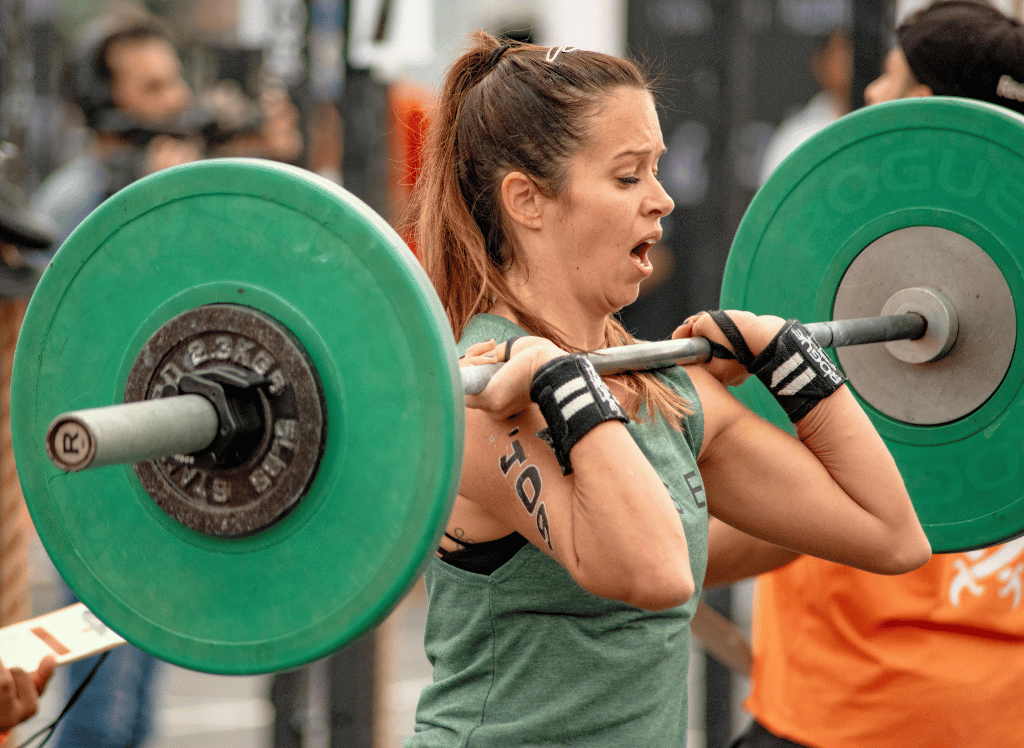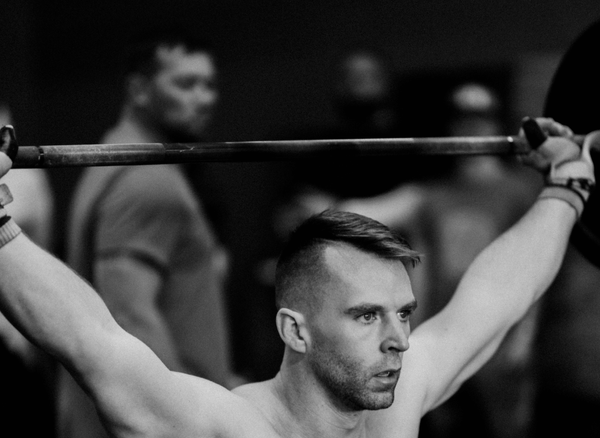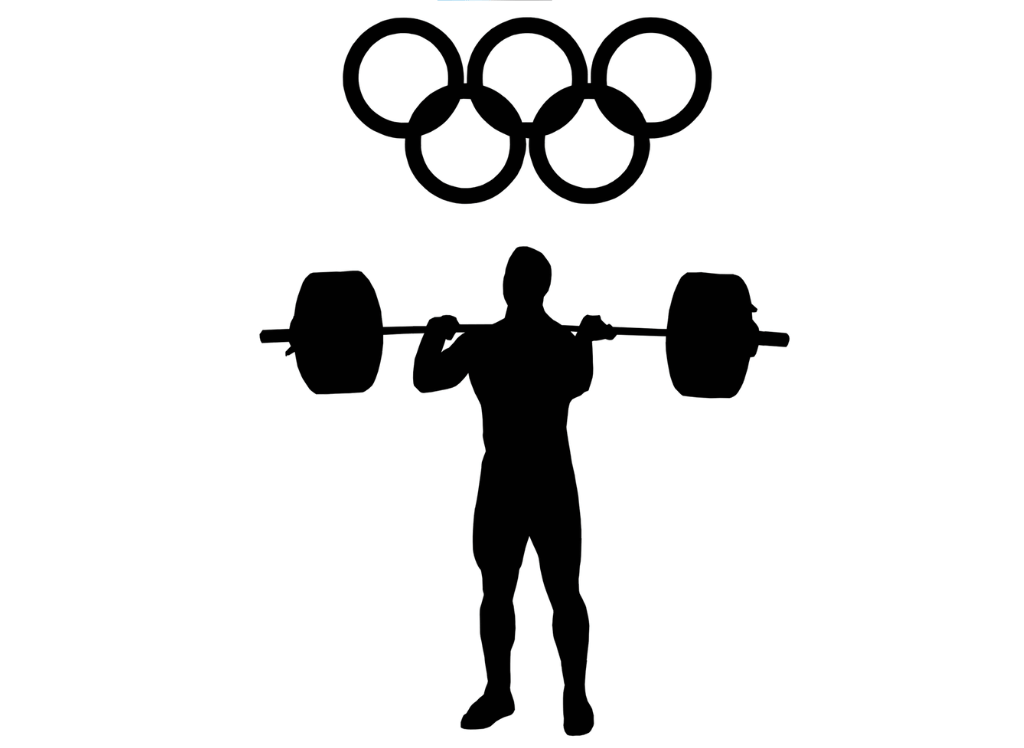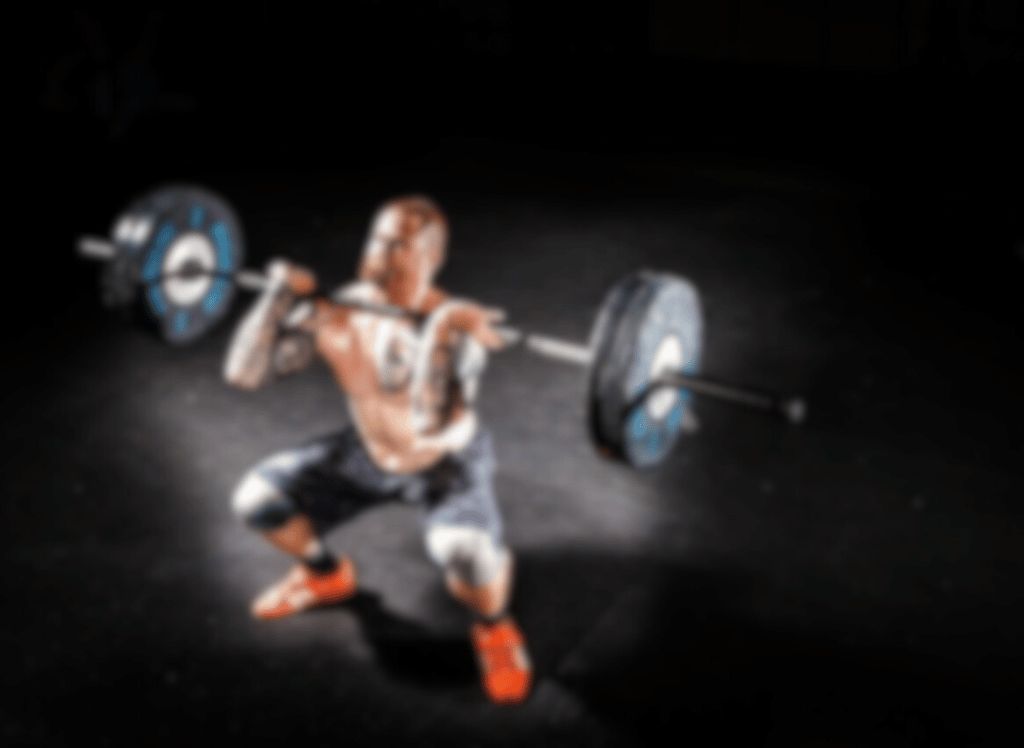Weightlifting is not just about grunting and groaning in the gym; it's a sophisticated sport that combines strength, technique, and a bit of showmanship. Imagine lifting a weighted barbell over your head while maintaining perfect form – that's weightlifting in a nutshell. This sport has been around since ancient Greece and has evolved into a highly competitive and regulated activity.
The History of Weightlifting
Weightlifting has roots that stretch back to ancient civilizations. The Greeks, known for their love of physical prowess, were some of the earliest practitioners. Fast forward to the modern era, and weightlifting has become a staple in the Olympic Games, governed by the International Weightlifting Federation (IWF). The sport has grown to include various weight classes and events, making it accessible to a wide range of athletes.
What is Weightlifting?
Weightlifting is a sport that involves lifting heavy weights in a controlled and precise manner. It requires strength, technique, and mental focus to execute lifts properly. A barbell is loaded with weight plates and lifted over the head in various movements, such as the snatch and clean and jerk.
The Snatch
The snatch is one of the two lifts in Olympic weightlifting. It involves lifting a weighted barbell from the ground to overhead in one fluid motion. This lift requires not only strength but also incredible flexibility and coordination. Athletes must execute the snatch with precision to avoid disqualification in competitions like the World Weightlifting Championships.
The Clean and Jerk
The clean and jerk is the second lift in Olympic weightlifting. This lift is performed in two stages: first, the athlete lifts the barbell to their shoulders (the clean), and then they push it overhead (the jerk). This lift tests the athlete's explosive power and technique. Successful lifts in this category can set world records and earn athletes a spot in the history books.
Weight Classes and Categories
Weightlifting competitions are divided into weight classes to ensure fair competition. These classes range from the lowest weight categories to the heaviest weights. This system allows athletes of all sizes to compete on an even playing field. The International Weightlifting Federation regularly updates these categories to reflect the evolving nature of the sport.
Sports Medicine
Sports medicine plays a crucial role in weightlifting. Athletes often lift heavy loads, which can put immense strain on their bodies. Proper form and technique are essential to prevent injury. Sports medicine professionals work with weightlifters to develop training programs that enhance performance while minimizing the risk of injury.
Weightlifting Exercises for Beginners
For those new to weightlifting, starting with basic weightlifting exercises is key. These exercises include squats, deadlifts, and bench presses. Using free weights and focusing on proper form can help beginners build a solid foundation. As they progress, they can incorporate more complex lifts like the snatch and clean and jerk.
The Importance of Proper Form
Proper form is the cornerstone of successful weightlifting. Lifting weights with incorrect technique can lead to injuries and hinder progress. Athletes must pay close attention to their posture, grip, and movement patterns. Coaches and trainers often use video analysis to help athletes refine their form and achieve their lifting goals.
Building Muscle Mass and Strength
Weightlifting is an effective way to build muscle mass and increase strength. Lifting heavy weights stimulates muscle growth and enhances muscular strength. This type of resistance training also boosts metabolic rate, helping athletes burn more calories even at rest. Consistent training can lead to significant gains in muscle size and overall strength.
Benefits of Weightlifting
Aside from being an impressive display of strength, weightlifting offers numerous physical and mental benefits.
Weightlifting also benefits bone density. Lifting weights places stress on the bones, which stimulates bone growth and increases bone density. This is particularly important for older adults, as it can help prevent osteoporosis and reduce the risk of fractures.
Weightlifting for Women
Weightlifting is not just a man's sport; women can also reap the benefits of lifting weights. Female weightlifters have shown that they can compete at the highest levels and achieve impressive results.
Weightlifting helps women build strength, improve bone density, and enhance overall health. Plus, it can be incredibly empowering to lift heavy weights and break stereotypes.
The Role of Nutrition in Weightlifting
Nutrition is a critical component of weightlifting success. Athletes need a balanced diet rich in protein, carbohydrates, and healthy fats to fuel their training and recovery. Proper nutrition supports muscle growth, enhances performance, and aids in recovery. Many weightlifters work with nutritionists to develop meal plans that meet their specific needs.
Weightlifting Competitions and Events
Weightlifting competitions are thrilling events that showcase the strength and skill of athletes. These events include the Olympic Games, World Weightlifting Championships, and European Championships. Competitors aim to lift the heaviest weights possible in their weight classes, often setting new world records in the process.
Psychological Aspect of Weightlifting
Weightlifting is as much a mental challenge as it is a physical one. Athletes must develop mental toughness to push through the pain and fatigue of heavy lifting. Visualization techniques, goal setting, and positive self-talk are common strategies used by successful weightlifters to stay focused and motivated.
Trainers
Coaches and trainers are essential to the success of weightlifters. They provide guidance on technique, develop training programs, and offer support and motivation. A good coach can make the difference between a successful lift and a failed attempt. Many top weightlifters attribute their success to the expertise and encouragement of their coaches.
Weightlifting Equipment
Weightlifting requires specialized equipment, including barbells, weight plates, and lifting platforms. The weighted barbell is the primary tool used in lifts like the snatch and clean and jerk. Athletes also use accessories like lifting belts, wrist wraps, and knee sleeves to enhance performance and prevent injury.
The Future of Weightlifting
With increasing participation and interest worldwide, weightlifting is looking bright. Advances in sports science and technology are helping athletes push the boundaries of what is possible. As more people discover the benefits of weightlifting, the sport is likely to continue growing in popularity.
Weightlifting FAQs
Learn more and browse through the section for frequently asked questions.
What is the difference between weightlifting and weight training?
Weightlifting refers specifically to the sport of lifting weights in competitions, such as the snatch and clean and jerk. Weight training, on the other hand, is a broader term that encompasses any form of resistance training aimed at building muscle and strength.
How can I prevent injuries while weightlifting?
Preventing injuries while weightlifting involves using proper form, starting with lighter weights, and gradually increasing the load. It's also important to warm up before lifting and to listen to your body. Consulting with a coach or trainer can provide additional guidance and support.
Can weightlifting help with weight loss?
Yes, weightlifting can aid in weight loss by increasing muscle mass and boosting metabolic rate. Muscle tissue burns more calories at rest compared to fat tissue, so building muscle through weightlifting can help you burn more calories throughout the day.
Summary
Weightlifting is a dynamic and challenging sport that combines strength, technique, and mental toughness. From its ancient roots to its modern-day prominence in the Olympic Games, weightlifting has captivated athletes and spectators alike. Whether you're a beginner looking to build muscle mass or an experienced lifter aiming for world records, weightlifting offers something for everyone. With proper form, nutrition, and support from coaches and trainers, anyone can achieve success in this exhilarating sport.









